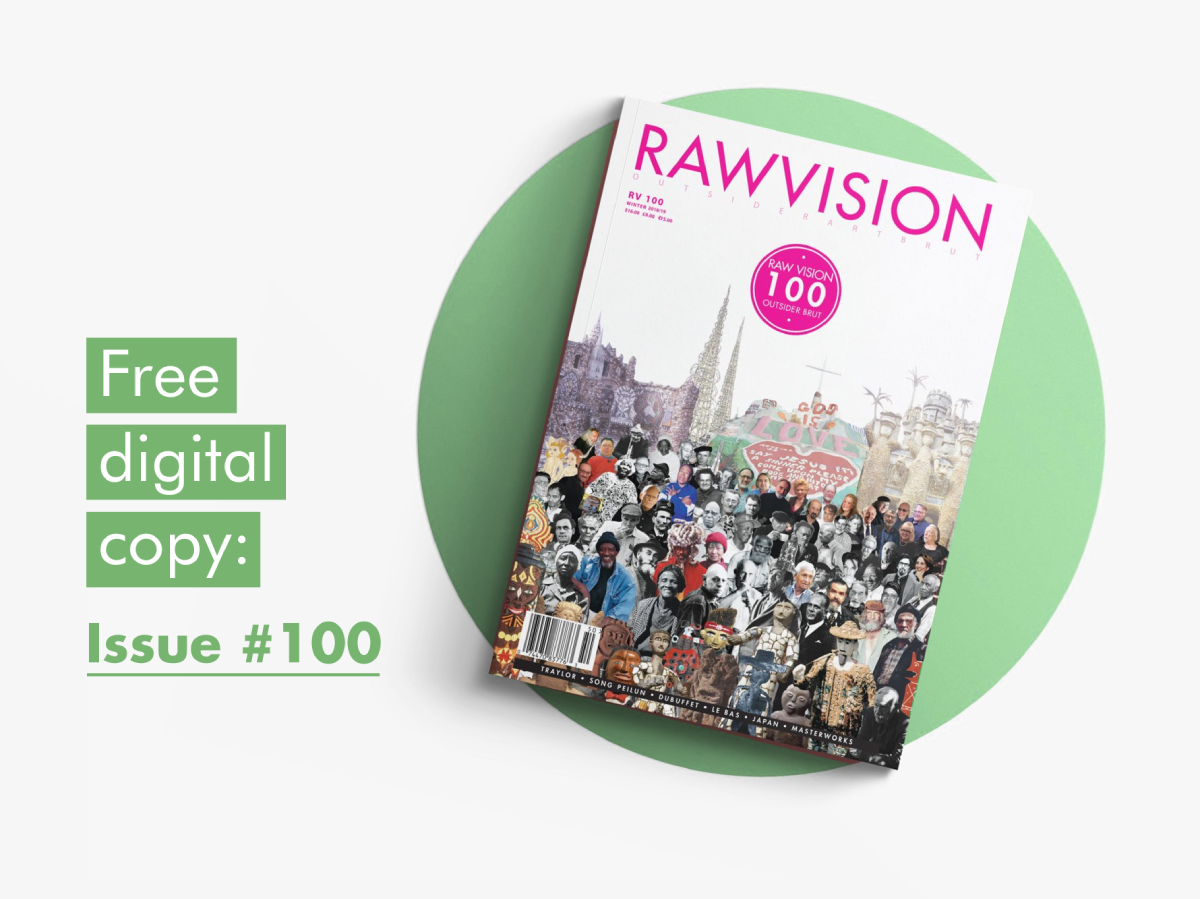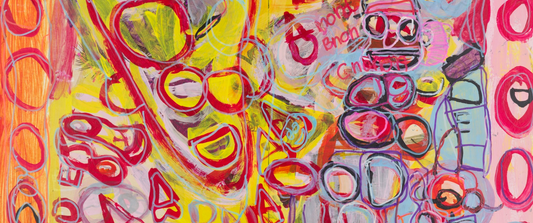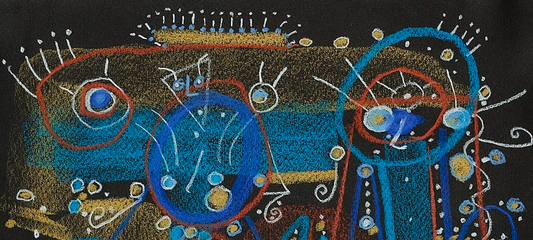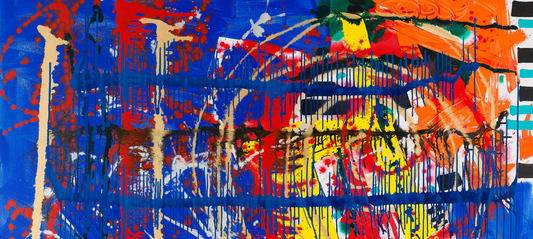First published: Winter 2005
I met Josef Wittlich for the last time in the spring of 1981. As maverick in his appearance as ever, he was wearing a flat cap, a dark jacket over a pyjama top, the cuffs of his trousers were tucked into his socks and his shoes were highly polished. Yet, his gaze was alert, restless and somewhat mischievous. It was not easy to convince him to take me one more time through the ceramics factory where he had worked for twenty years, from 1948 to 1968. Here his dream of being an industrial worker had come true; here the shy small man had finally found respect and recognition.
The son of a button maker, Wittlich was born on 26 February 1903 in the small village of Gladbach near Neuwied on the Rhine. ‘Father had a fine job’, he used to say, even though Josef and his siblings would often go hungry. At the age of four Josef lost his mother, and not much love appears to have been lost between him and his stepmother. Little is known about the subsequent years.
In 1921 Wittlich allegedly spent some time in the service of a French officer in Paris. The late Twenties saw him roaming Eastern Europe and the Balkans. In 1934, at the end of the world economic crisis, Wittlich turned up in Nauort, a small village some seven miles from his place of birth. He took on work in the house of a factory owner and as an agricultural labourer and found lodgings in the spacious attic of an old farmhouse. The furnishings were poor, but for the first time in his life Josef Wittlich felt safe and happy. He had finally found a home, and his landlady looked after him like a mother.
This is an article extract; read the full article in Raw Vision #53




